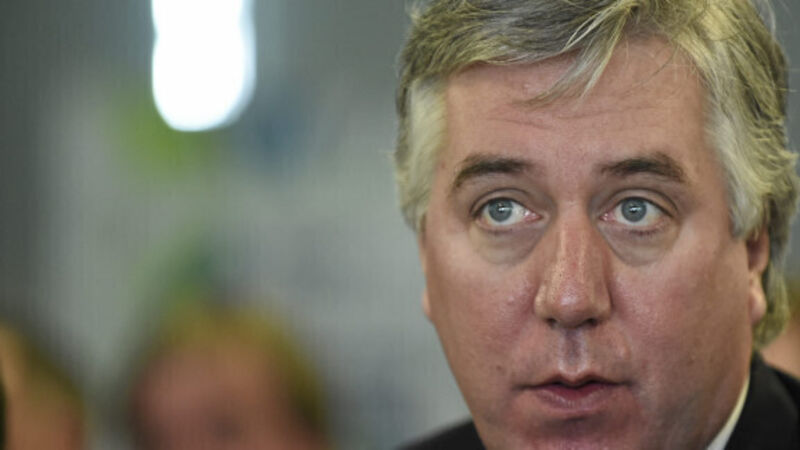While we make sport of Delaney, the real scandal is elsewhere

But I’m struggling to figure out where the scandal is with either of them right now.
But next week, in a hearing room in Geneva, Ireland will be asked to defend its position on real scandals, scandals that should be attracting lead headlines and taking up hours of Dáil debate. But these scandals arise from our treatment of people who have no power and no voice, so they won’t get nearly as much attention as the men we love to hate.















